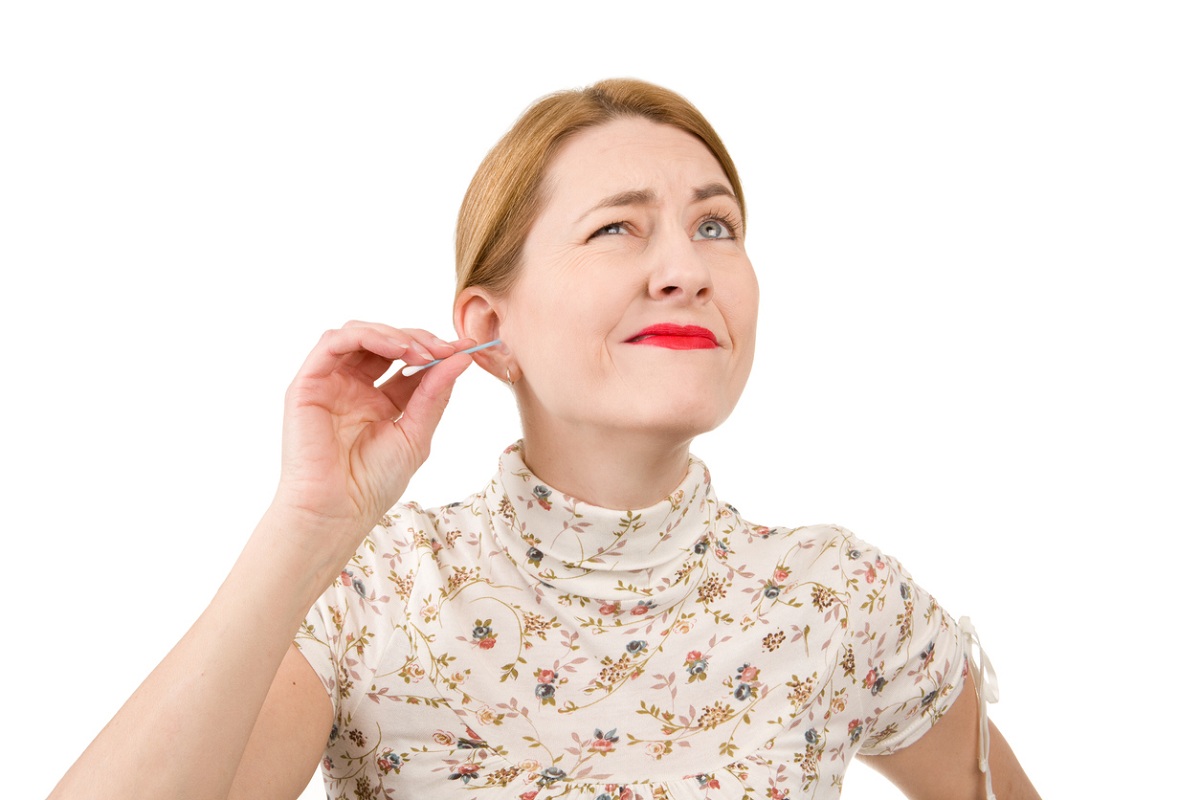A team of researchers has developed a novel device to sample earwax that can also measure levels of stress in your life, paving the way to monitor depression and stress-linked conditions.
According to researchers from University College London and King’s College London, the new device can be used at home without clinical supervision, facilitating medical check-ups while maintaining social distancing due to Covid-19.
Advertisement
It may also have the potential to measure glucose or Covid-19 antibodies that accumulate in earwax, the team said in a paper published in the academic journal Heliyon.
“Cortisol sampling is notoriously difficult, as levels of the hormone can fluctuate, so a sample might not be an accurate reflection of a person’s chronic cortisol levels. Moreover, sampling methods themselves can induce stress and influence the results,” said lead researcher Dr Andres Herane-Vives from King’s College London.
“But cortisol levels in earwax appear to be more stable, and with our new device, it’s easy to take a sample and get it tested quickly, cheaply and effectively”.
Cortisol has been considered as a possible biomarker, or objective biological measure, for depression, but researchers have been stymied by challenges in accurately measuring cortisol levels.
The most common technique is with hair samples, but they are more subject to short-term fluctuations in cortisol, and not everyone has enough hair for a reliable sample.
It is also more time-consuming and expensive to analyse hair samples, compared to earwax, but until now there has not been a reliable and non-stressful method to sample earwax.
Earwax is well suited for home sampling, as samples can be sent to a lab by post without much risk of contamination.
The novel earwax self-sampling device is similar to a cotton swab, but with a brake that stops the swab from going too far into the ear and causing damage.
The tip is covered with a sponge of organic material, with a solution that has been tested to be the most effective and reliable at taking samples.
In their pilot study, Dr Herane-Vives and a team brought in 37 study participants to test different cortisol sampling techniques.
The researchers found that earwax samples yielded more cortisol than hair samples, and the new technique was the fastest and potentially cheapest method.
Dr Herane-Vives said he is setting up a company, Trears, to bring his earwax sampling device to market, with support from the UCL Hatchery startup incubator.











